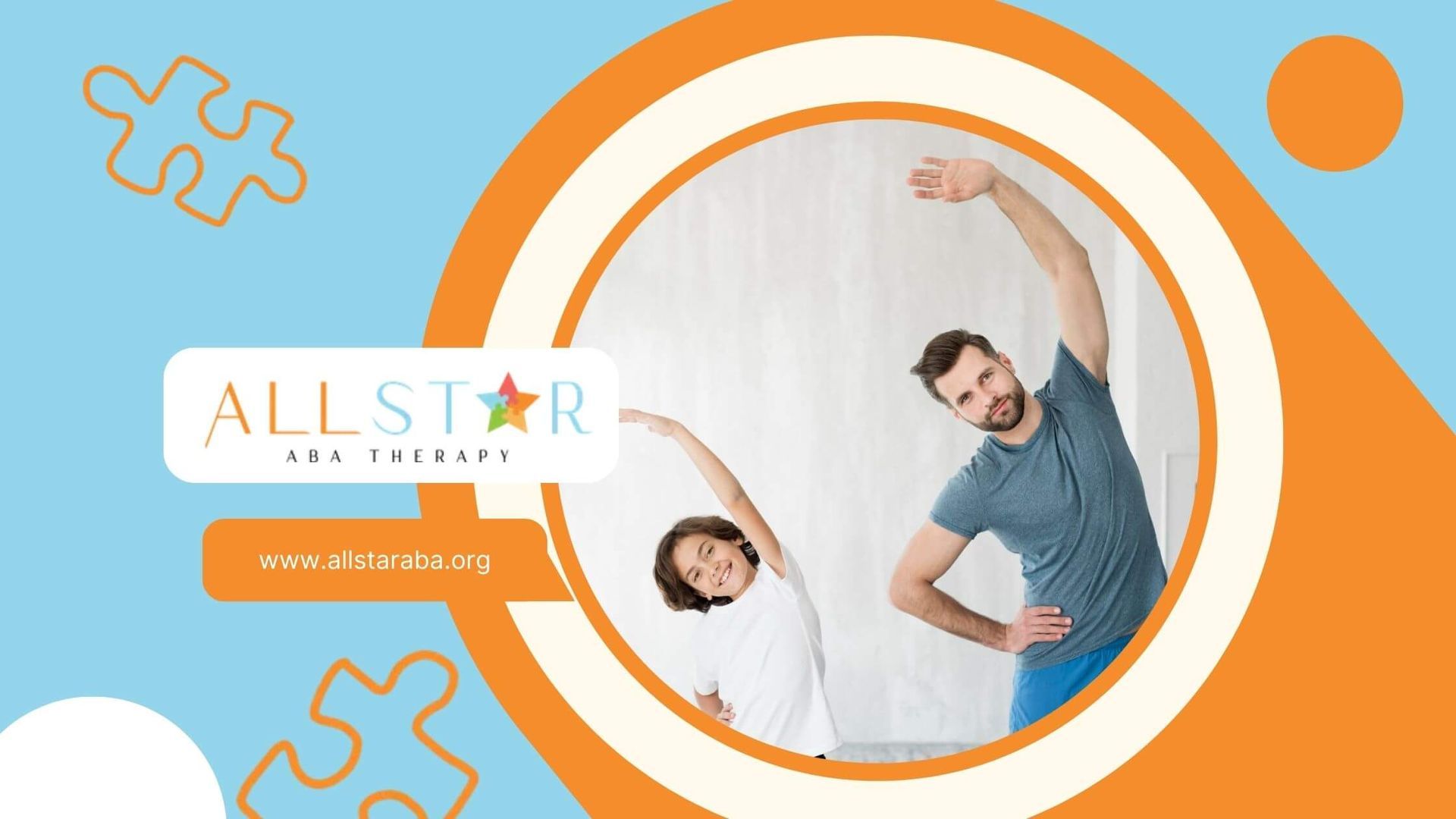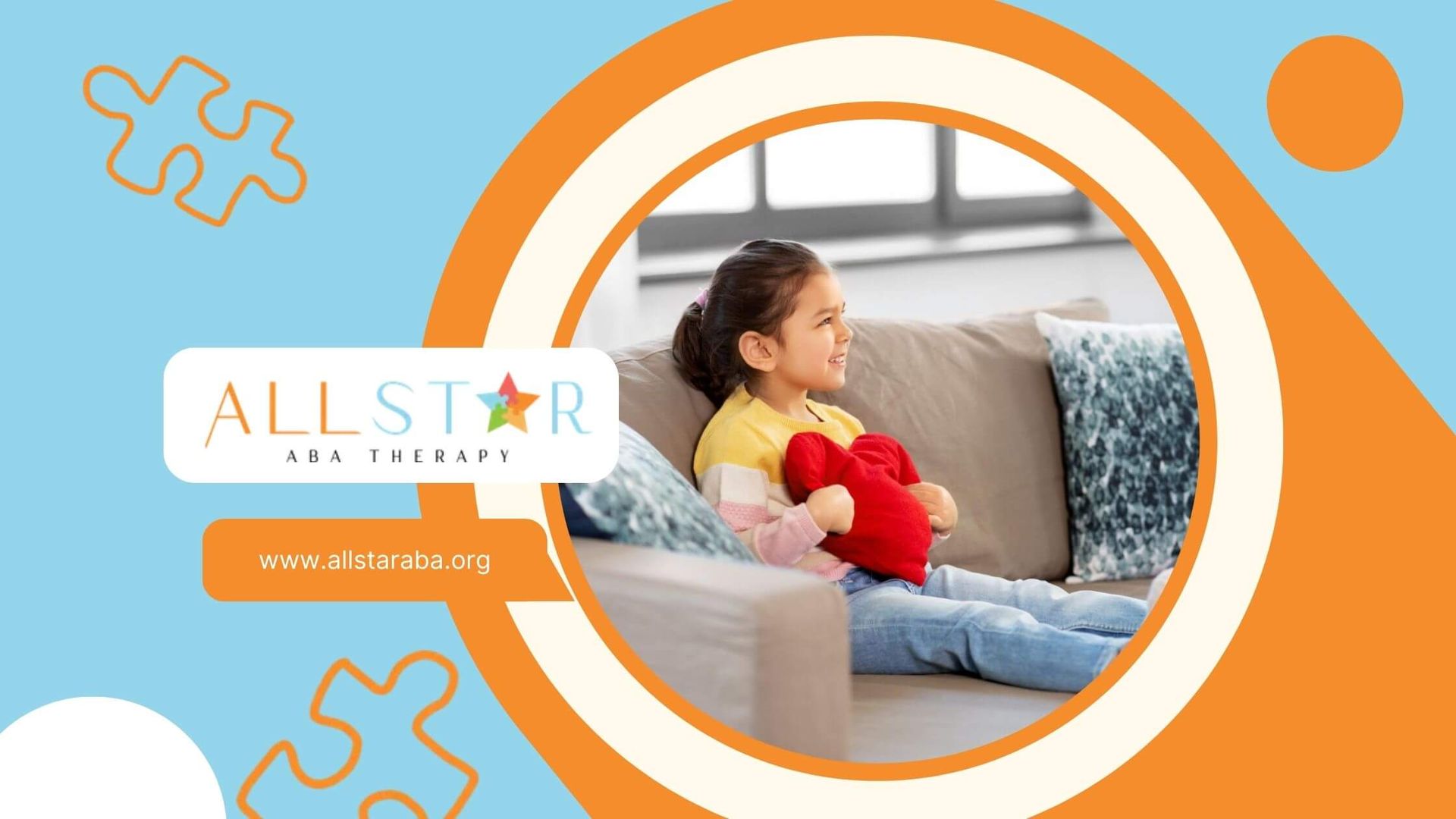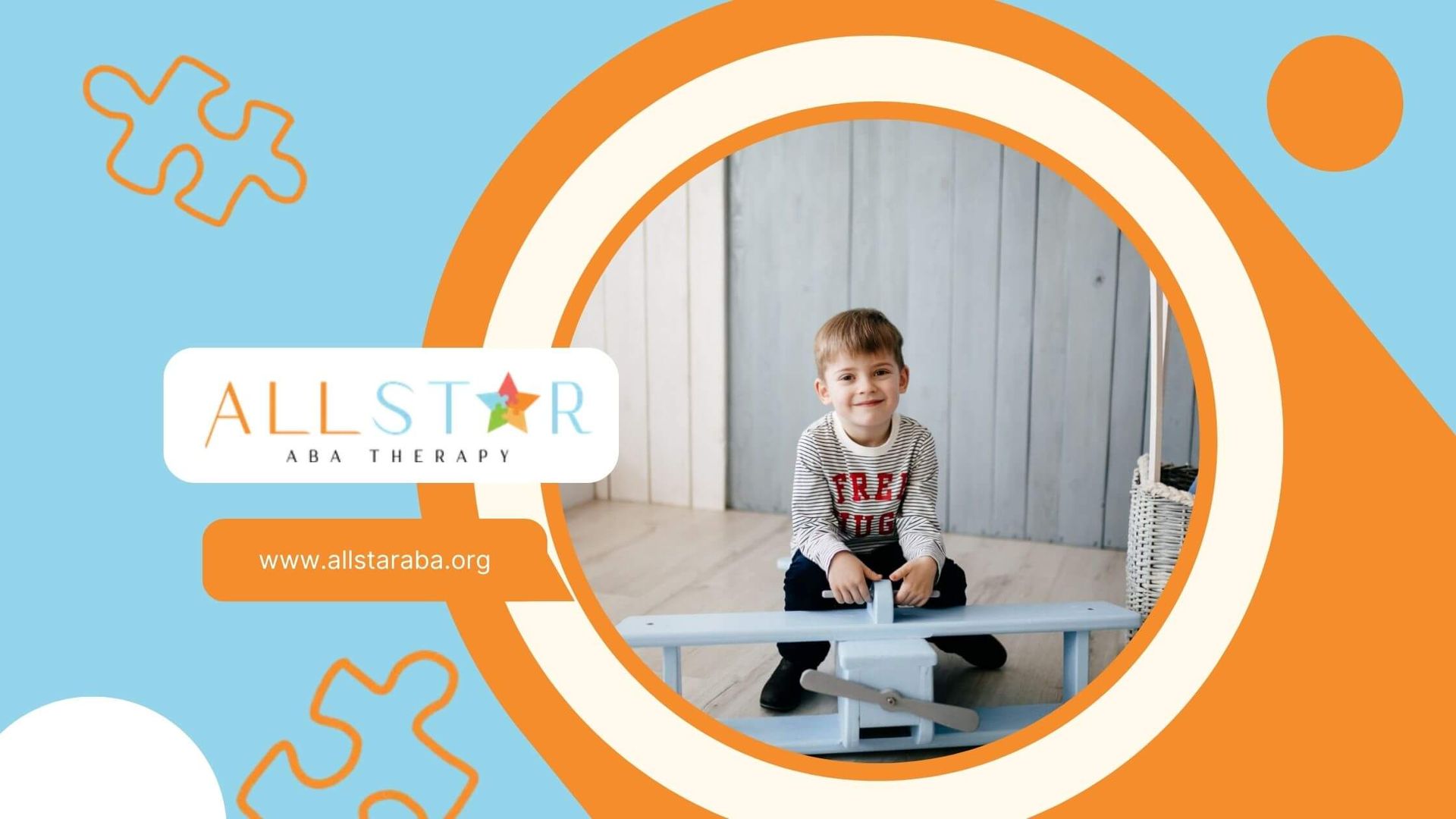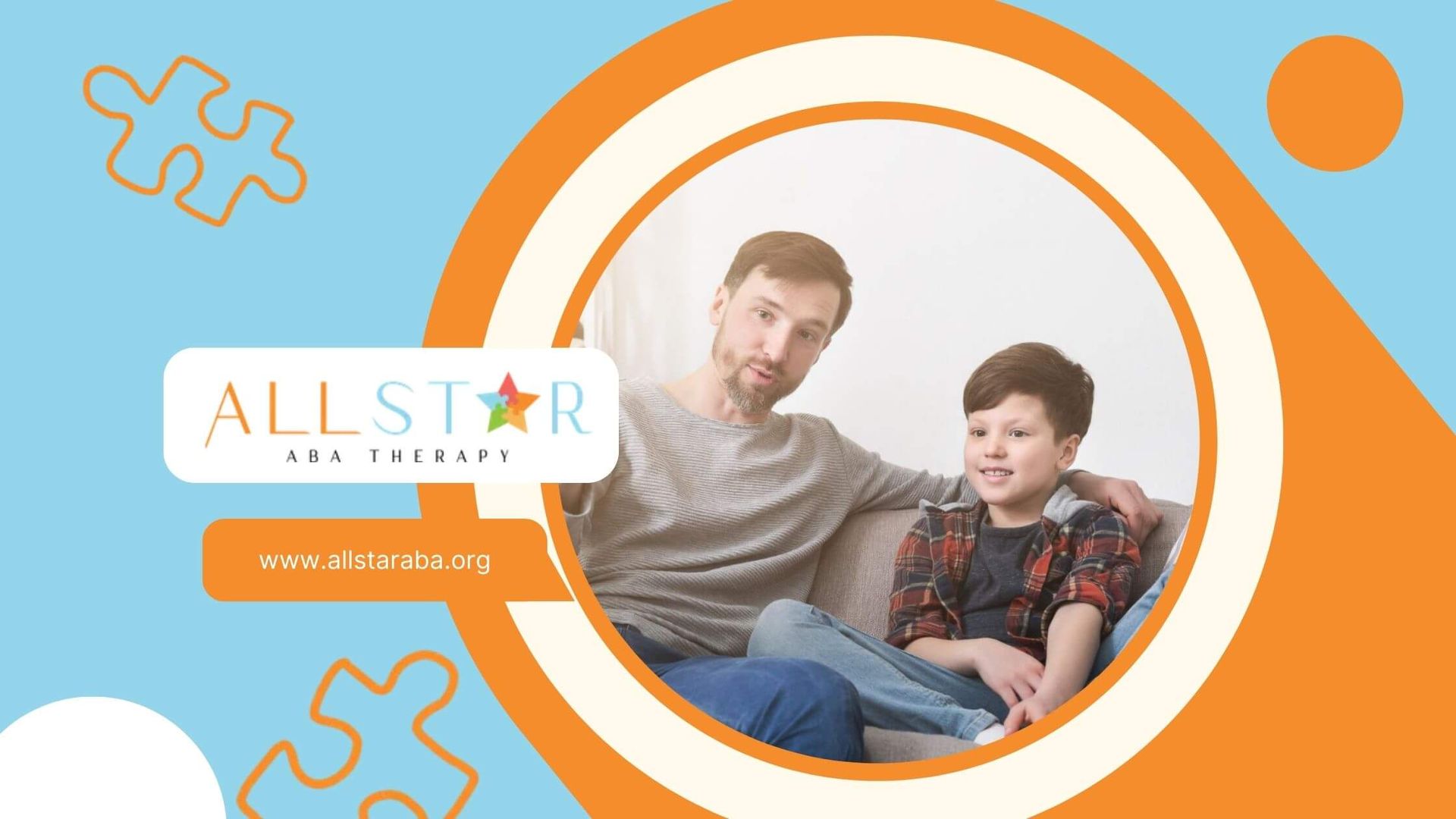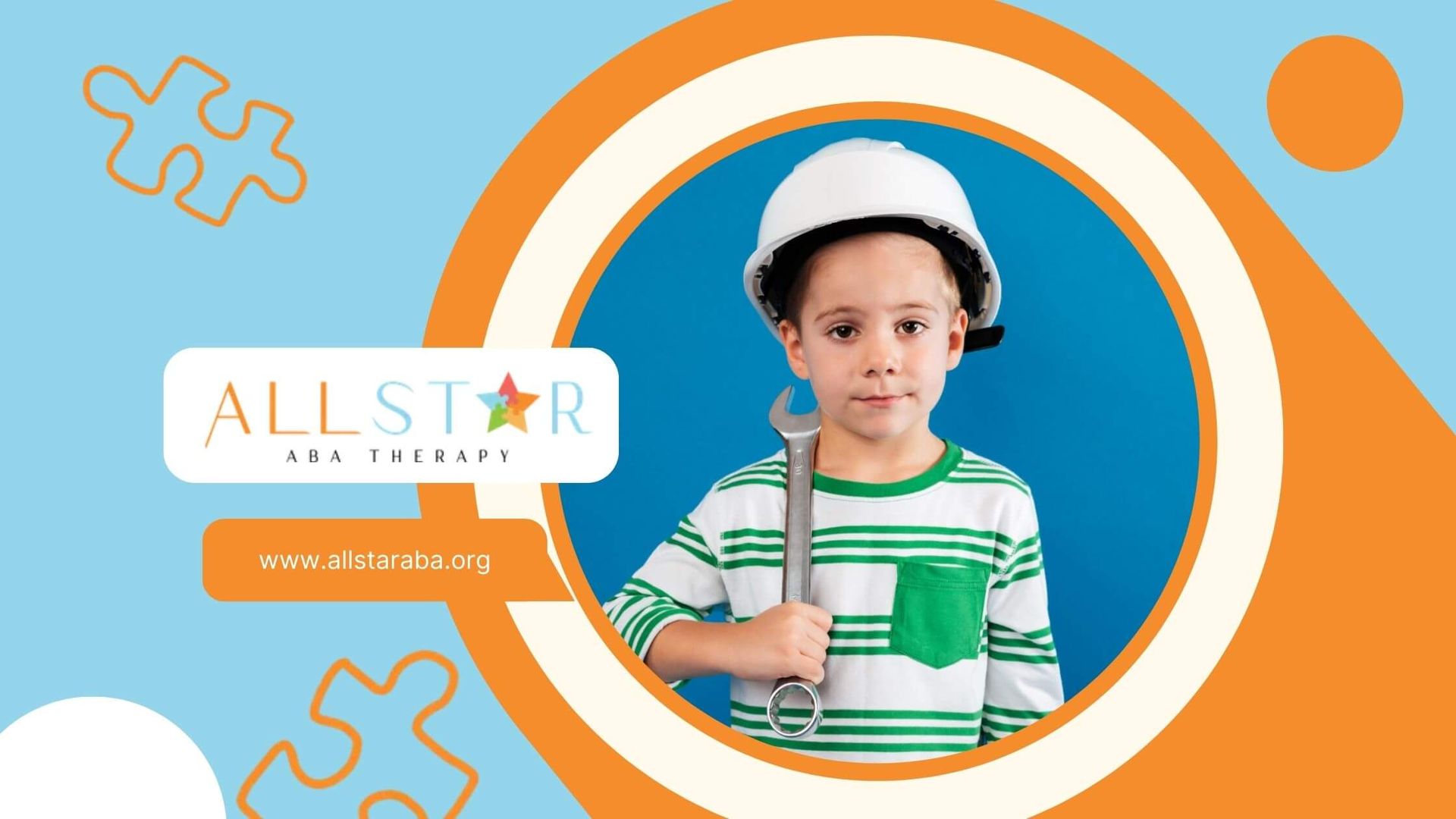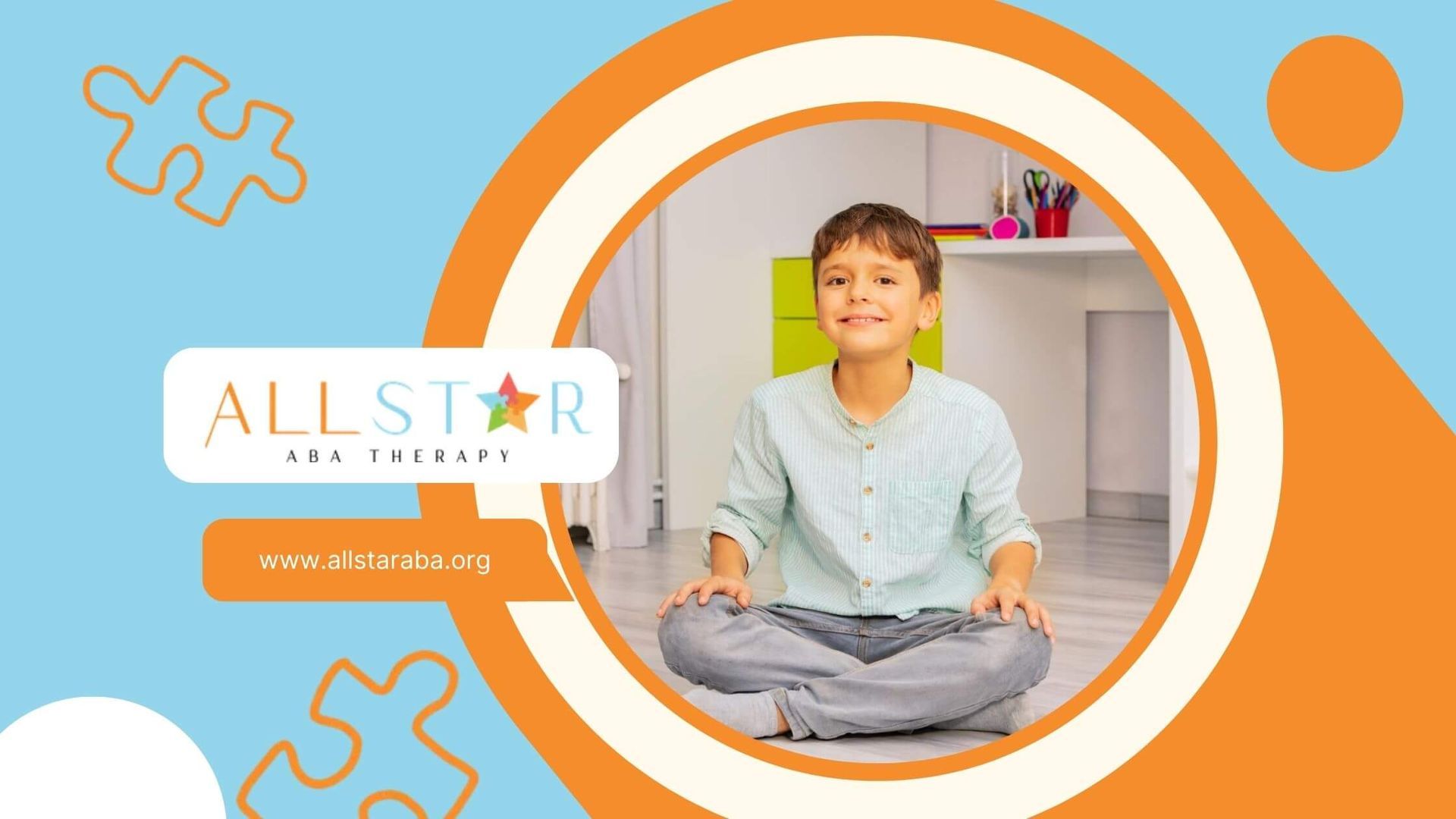New Paragraph
Do Children with Autism Talk Differently?
Yes, many children with autism may talk differently than their typically developing peers. These differences can vary widely depending on the child’s age, development, and where they fall on the autism spectrum.
Some children may speak very little or not at all, while others may have advanced vocabularies but struggle with social use of language. Common speech differences include:
- Repeating words or phrases (echolalia)
- Speaking in a monotone or unusual pitch
- Difficulty starting or maintaining conversations
- Literal understanding of language and missing sarcasm or jokes
These speech and communication patterns are often part of how autism affects social interaction and processing. The good news? With early intervention, like Applied Behavior Analysis (ABA) therapy, many children with autism can make significant progress in language and communication skills.
At All Star ABA, we tailor in-home ABA therapy plans to help each child improve their communication in a way that fits their unique needs.
Worried about how your child is communicating? Contact us today to schedule an evaluation and learn how we can help your child grow through ABA therapy in Maryland.
SOURCES:
https://carescribe.io/blog/what-is-an-autism-accent/
https://www.nidcd.nih.gov/health/autism-spectrum-disorder-communication-problems-children
https://www.sciencedirect.com/science/article/pii/S0149763423003536
https://www.autismparentingmagazine.com/autism-speech-patterns/
https://www.autism.org.uk/advice-and-guidance/topics/about-autism/autism-and-communication
Need Support?
We're Here to Help!
Our experienced team is ready to assist you. Reach out today to discuss how we can support your child's development and well-being.
Get started with expert ABA therapy today.



